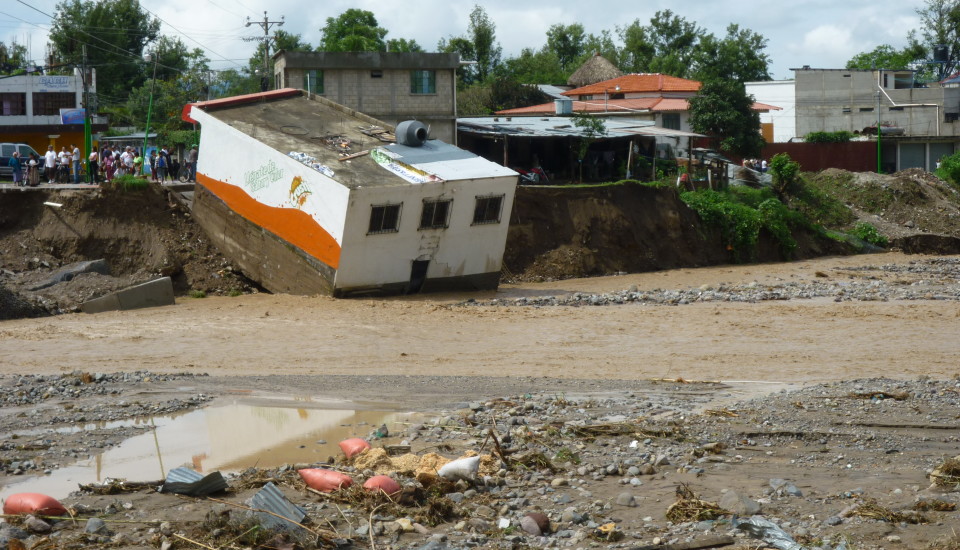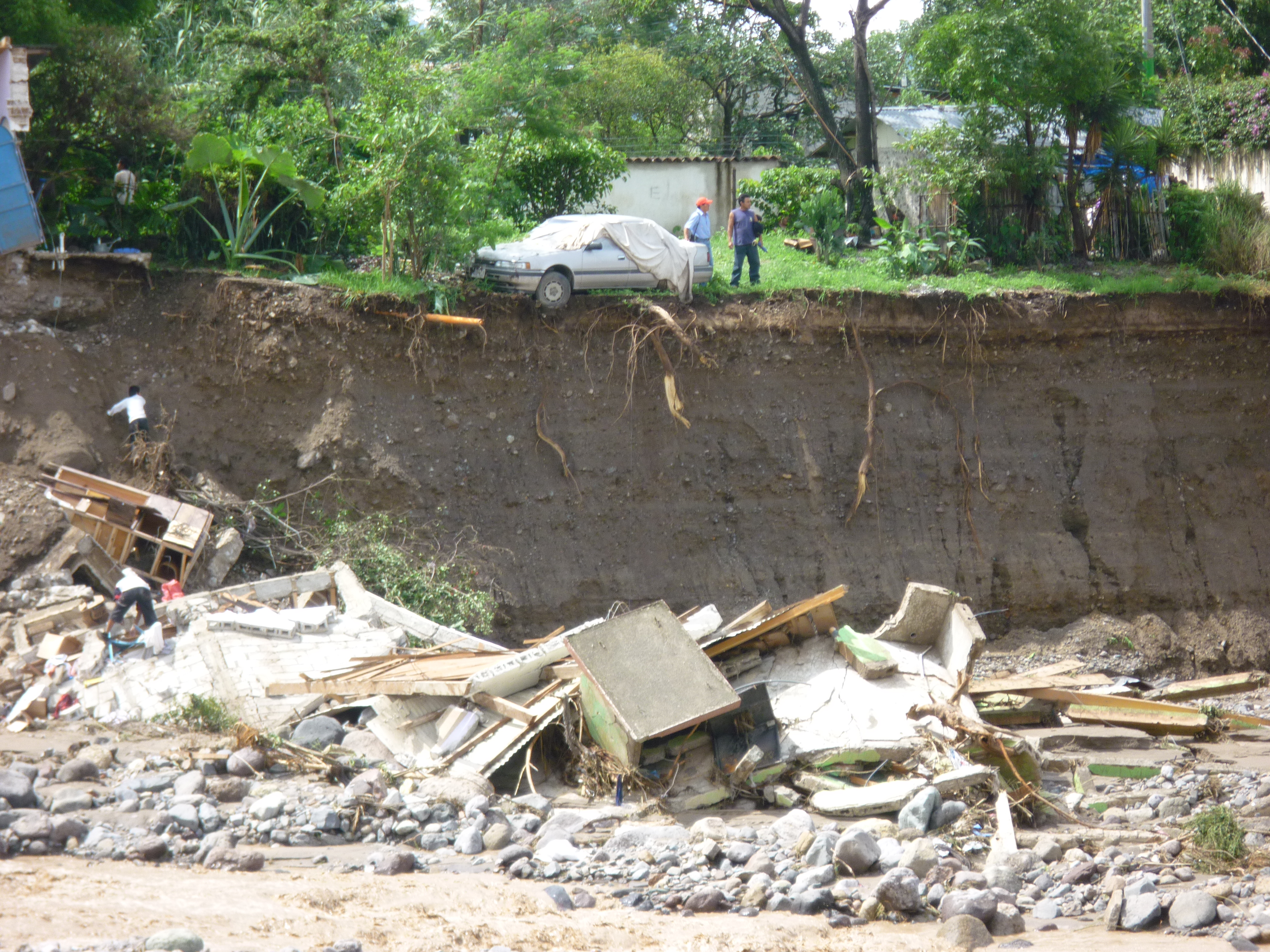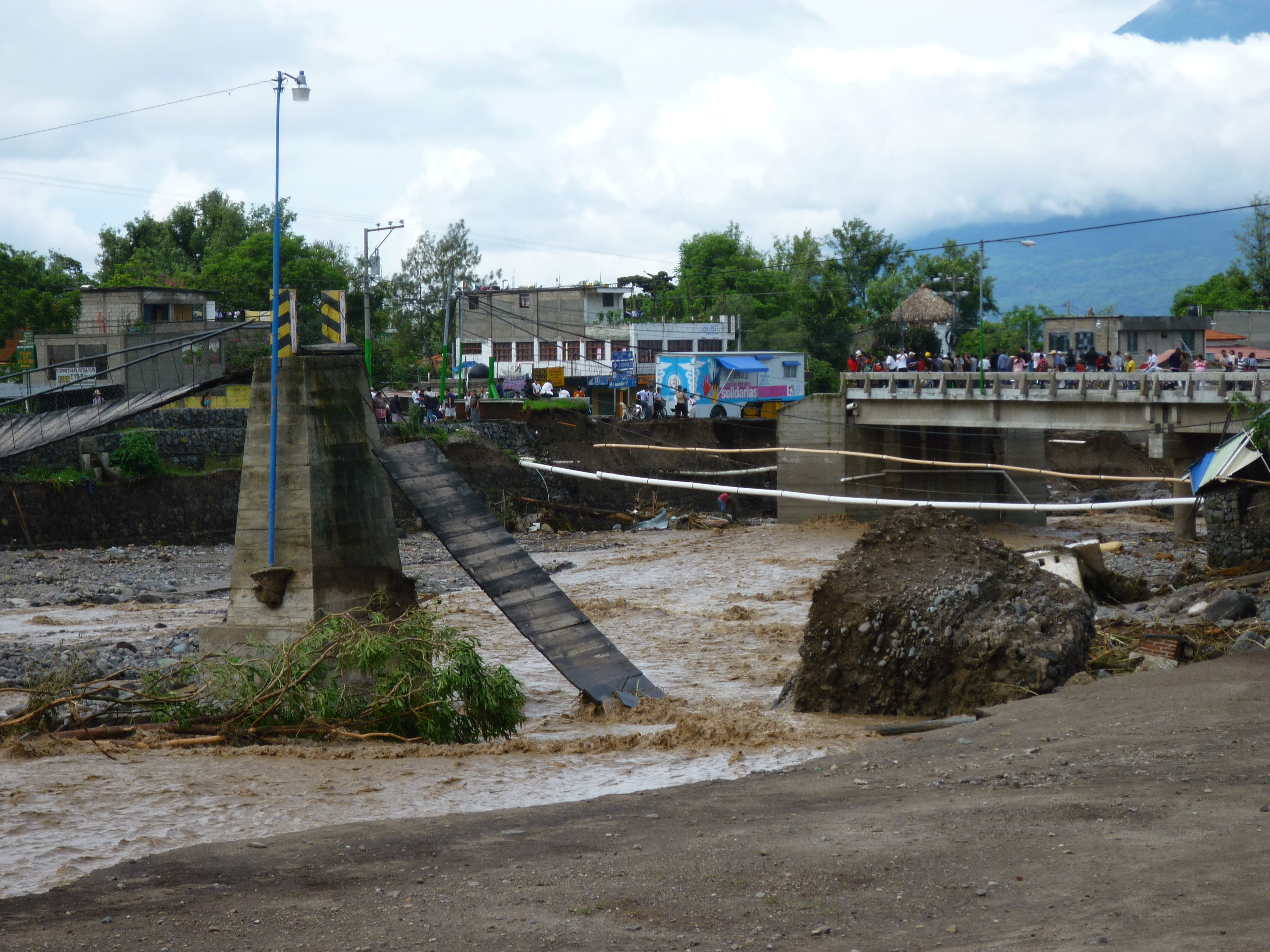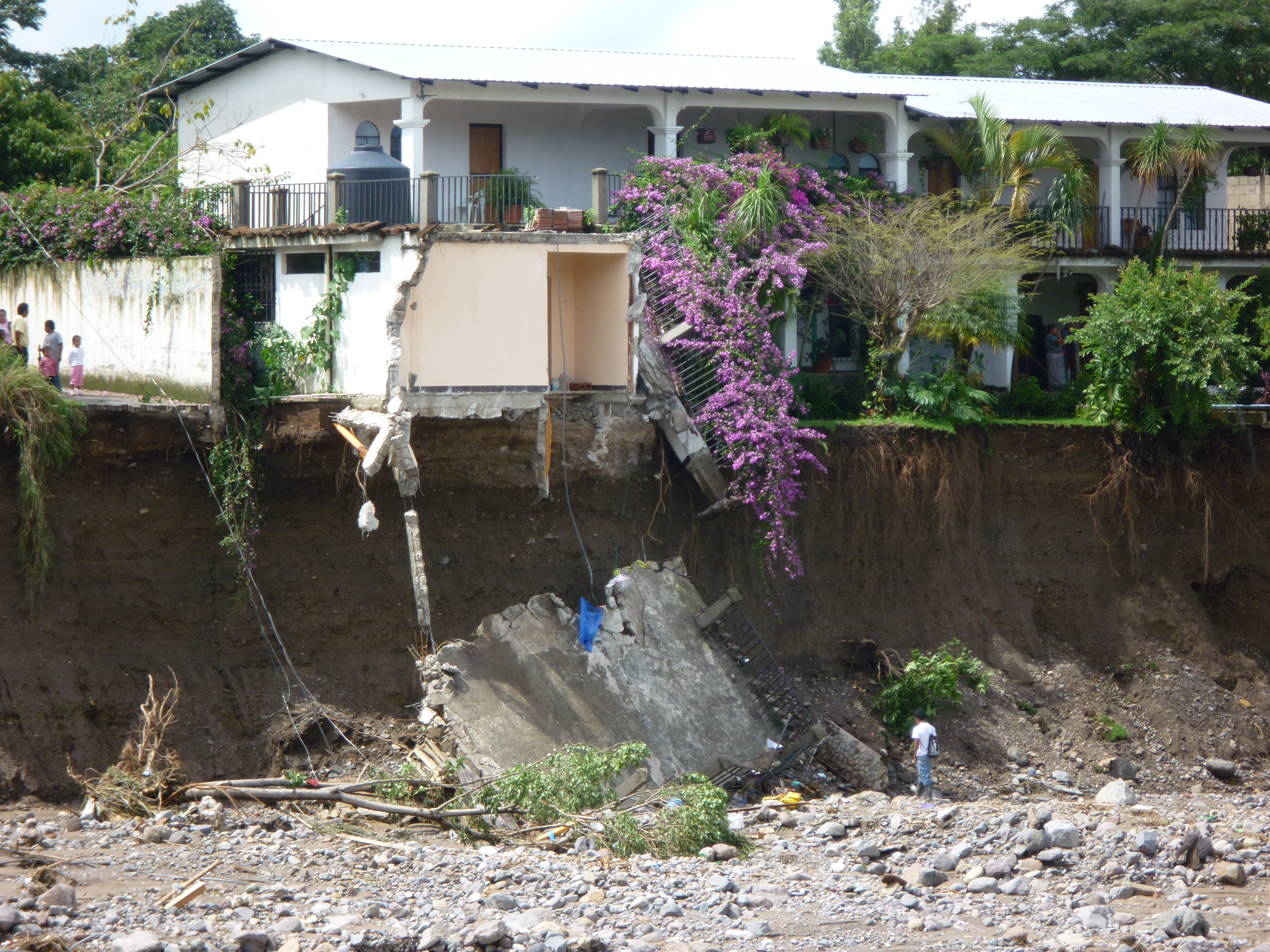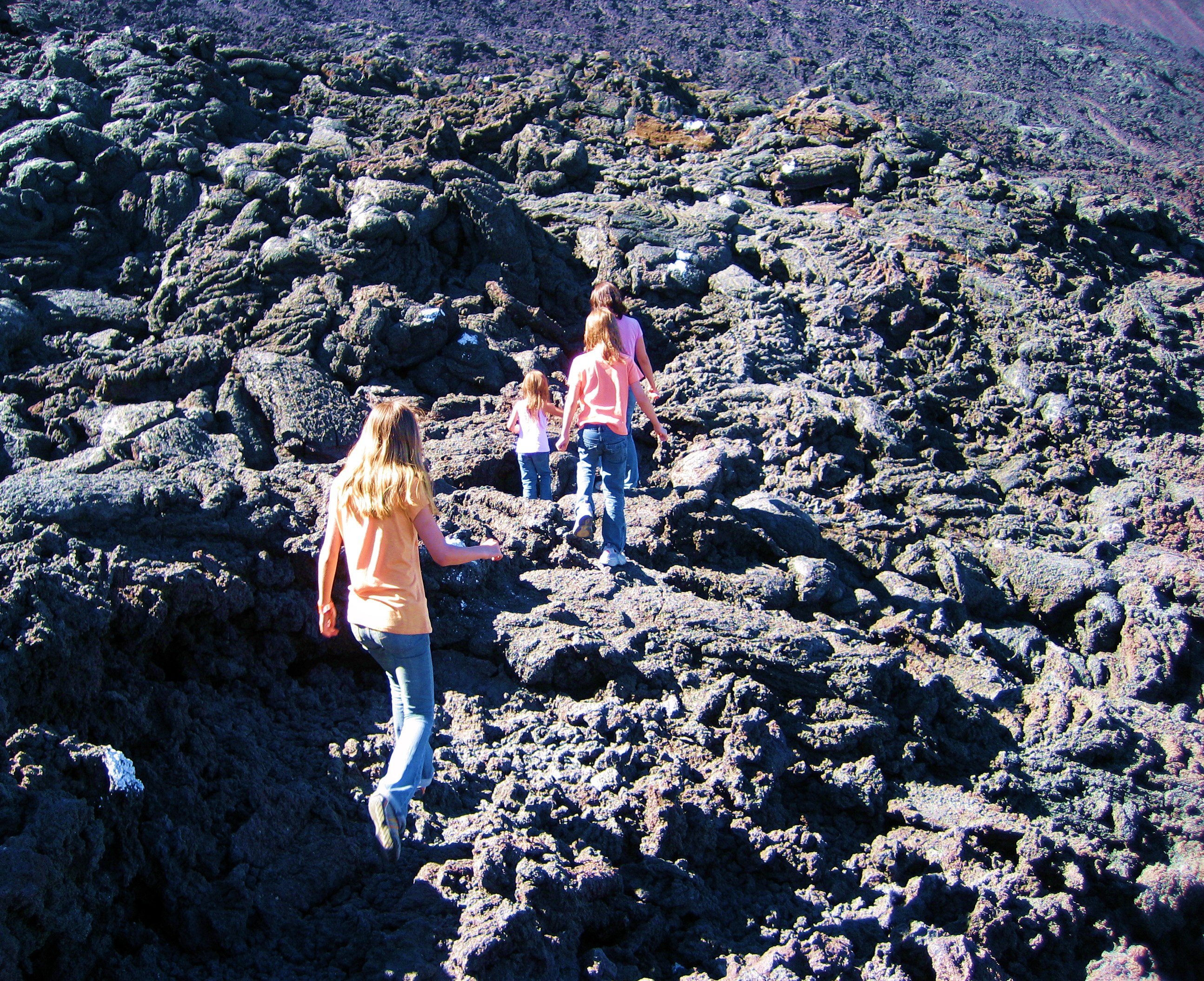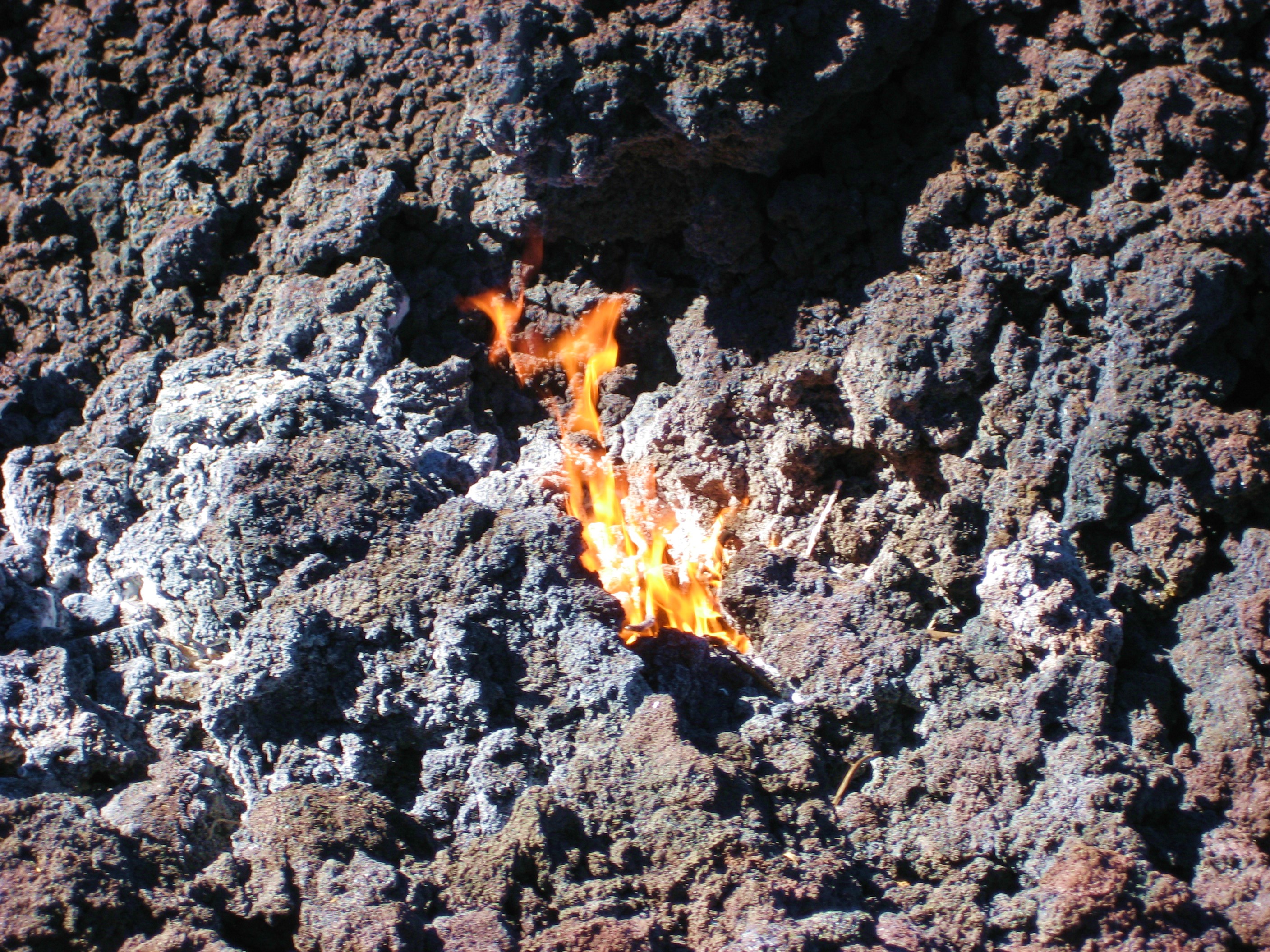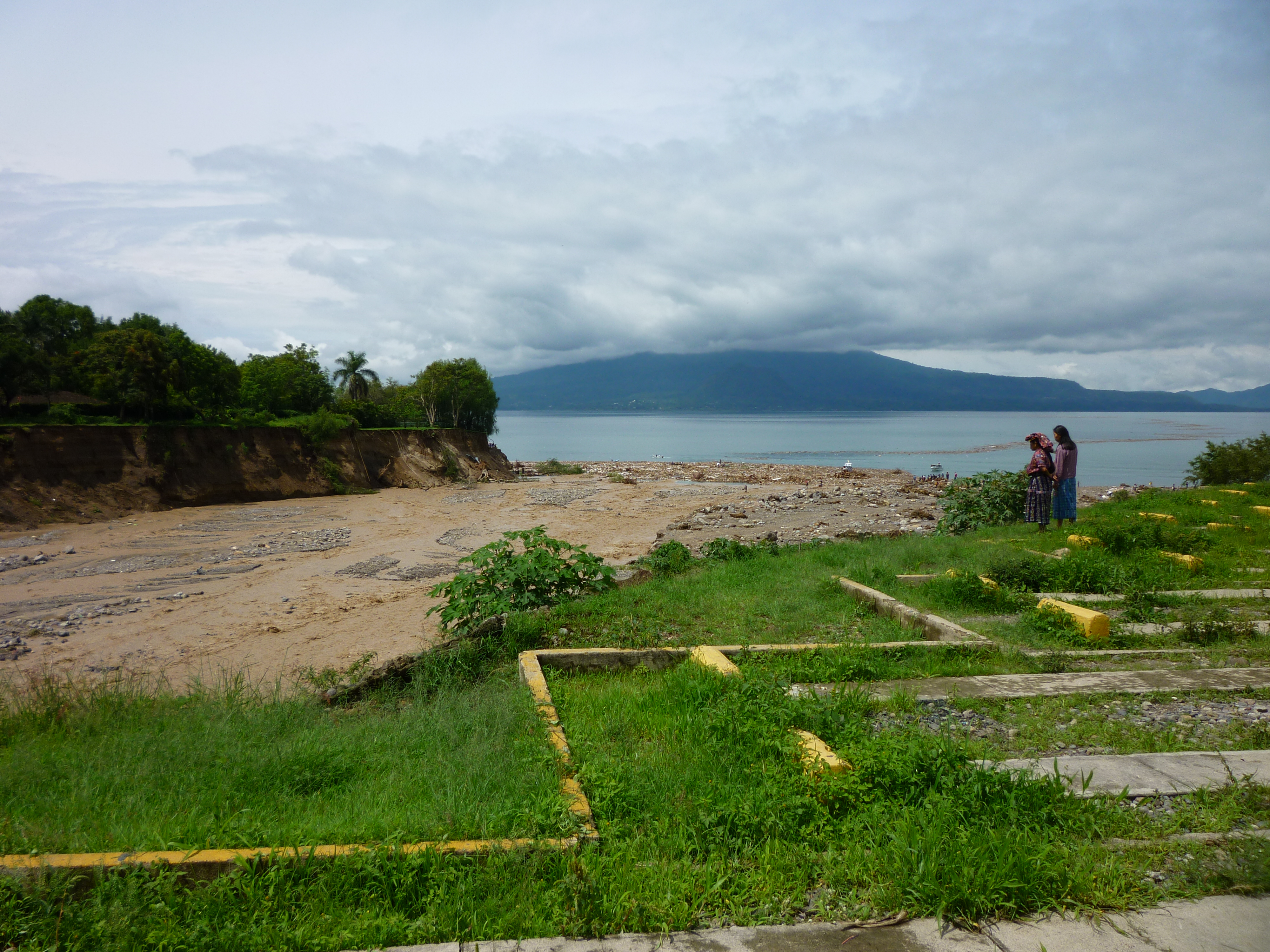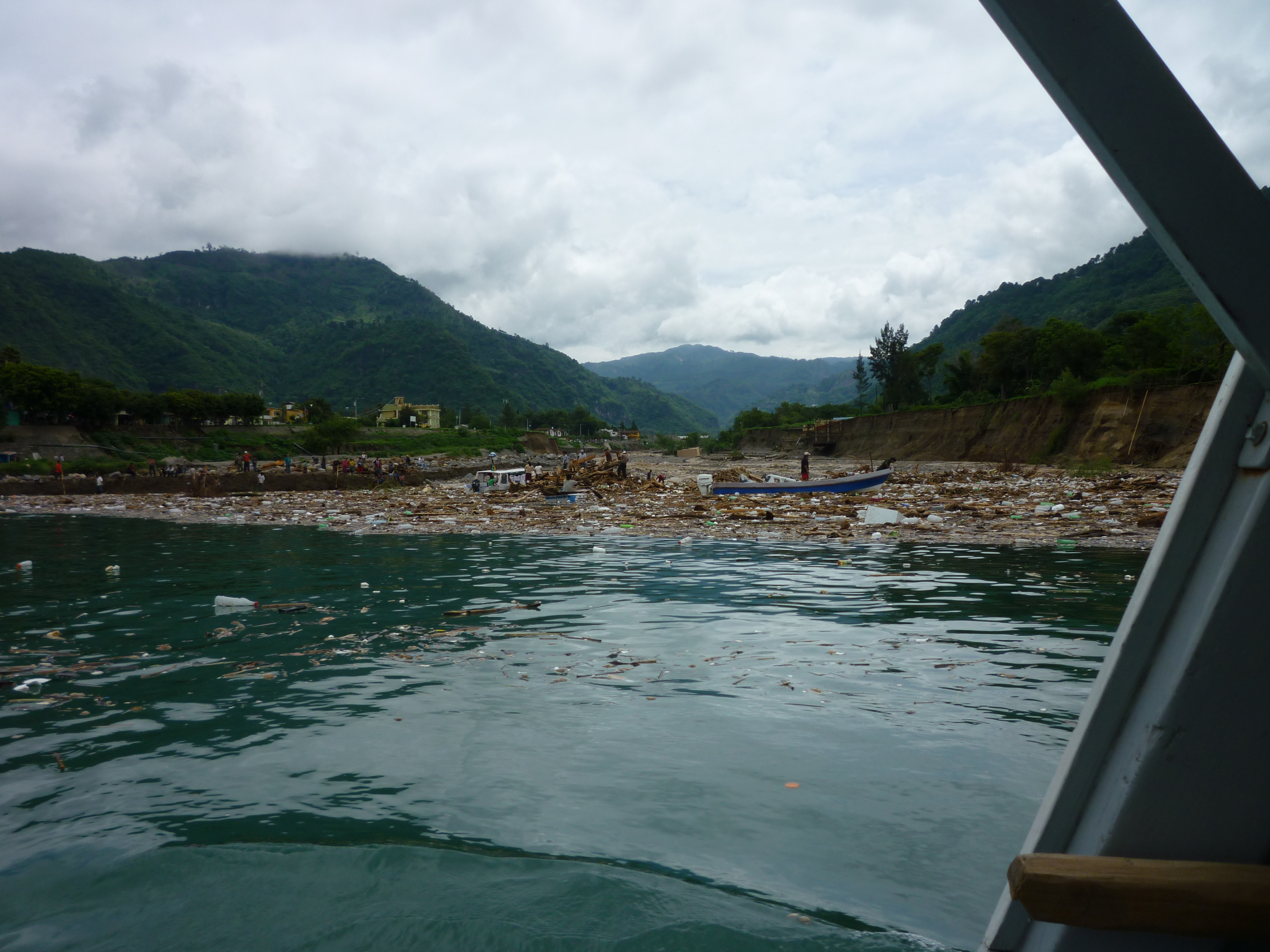Floods, earthquakes, volcanoes, hurricanes, tropical storms. When we chose Guatemala, we knew these were possibilities, just didn’t realize how many we would experience up close, in real time.
In Southern Ontario, we know how to respect an ice storm and wield a windshield scraper. That’s about all you need to know to survive mother nature. We moved to a tropical location where being prepared for hurricanes, tropical storms, earthquakes, volcanoes, also meant being prepared for flooding, fires, blackouts, rogue electricity, and soot storms.
The best source of information are the people who permanently live in the location where you are going. Ask them how to be prepared for what may happen, they know. This is what we learned while living in our village.
Fires
Fire. Not always treated with the same concern as in our culture. I once took a yoga class where an entire tree was on fire in the lot next to where the class was being held. Everyone was maxed out in meditation, while I was the only one distracted by the heat and crackling of large flaming branches falling in the yard. No one else was phased in the least.
There was a volunteer fire department in the pueblo. They had an old firetruck any museum would be happy to get their hands on. They required forty minutes notice for any fire, since the truck drove around the village to pick up all volunteers. There were no hydrants in the town, so the firemen have no water to contain any blaze. They help as they can, lend moral support, not real sure.
During our first six month stay in Guatemala, I was with the girls every evening, except one. The principle of their school was having a low key birthday and invited a few people for a slice of cake. I decided to go, give her a little present, have cake, come home. I’d be gone half an hour. I had trouble catching a taxi because it was pouring and the streets were rivers. I finally got there. As I took off my jacket, my phone rang. My daughter was out of breath and yelling, “Mom, I know we aren’t supposed to call you unless the house is on fire, so that’s why we are calling!!”
It’s now pouring horizontally, the streets were progressing to lakes. How was a fire even possible? I jumped in a tuk, it took me four minutes to get to our street which was blocked off. From there I could see a huge tree on fire in our neighbors yard, and their house was glowing, a huge column of fire stretched into the heavens. Then there were two explosions. Never before or since have I been so absolutely terrified. I couldn’t see if our house was standing because it was on the other side of the inferno which was my street.
A woman jumped in the tuk and said she knew where my girls were. People knew us, we stuck out, sometimes that’s a good thing. We went zigzagging through other neighborhoods to get around the blaze. The enntire ride she was yelling at me for leaving my children alone. I didn’t have enough Spanish to explain that my oldest daughter was a responsible sitter and this was the first time I’d gone out in months. I just sat there stunned wondering where the girls were and if she was really taking me to them. We pulled up to an unknown house with a red door. She took me in a small gate. The three girls were huddled in a tiny dark room, the mama had Cali on her lap holding her. They all had muddy bare feet. Never. Been. So. Relieved.
Then I got the story. After I left, the neighbor’s house caught on fire because the owner smokes in bed. The flames were coming over the wall because the trees were on fire. The trees had caught part of the shed on fire which was next to our house. The house would have been next if not for the downpour. The girls were confused what was burning. They argued for a few minutes among themselves because they were getting the fire and earthquake procedures mixed up. Middle kid insisted they had to grab their sleeping sister and get out of the house. Next they walked down the street in their socks and bare feet in the pouring rain, yelling for help. Eventually someone heard them and opened their gate and let them in.
The girls were totally rattled and refused to go back to the house. At that point I wasn’t even sure what was left because we weren’t allowed near it. Geez, and all I wanted was a piece of cake and two minutes of adult conversation. We got the house damage assessed the next day, which was about when the volunteer firefighters showed up.
My Take-Aways from the Firey Night from Hell
– Bring your own smoke detectors. They didn’t sell them where we lived. The houses were made with cement blocks and yet, fires do happen.
– Make sure the kids have a cell phone or two for emergencies, especially in places where help isn’t coming or at least not for another 45 minutes.
– Never stand around watching a fire. Propane tanks are common in houses to run the stoves. In this particular fire, there were a number propane tanks explosions. One shot a toilet down the street like a missile.
Volcanoes
We lived in close proximity to four dormant volcanoes, and a little further away from a few active ones. When one of the active volcanoes erupted, they shut down the airport due to the cloud of soot. We had hiked up that volcano twice and walked on the lava fields, and saw red lava. Even living a bit further away from it, the ashes still reached us. Those living closer, bought surgical masks to keep the soot our of their lungs. They put towels at the bottom of their doors to keep the ashes out. Some people wore swimming goggles to keep their eyes clean. In the streets were huge piles of ashes, like we would see snow in Canada. If you are going to live close to active volcanoes, you may want to keep some masks to keep on hand.
Earthquakes
These were extremely common where we lived due to the shifting of the Cocos Plate. A few of my friends who had been through some more serious earthquakes in Guate, said you should always get out of the house. They explained that when the houses shift the doors jam closed. The houses are mostly made of concrete blocks and the window have bars over them, so you will be trapped, and they have been. If you can get out, that’s the first priority. After you get out of the house, you look up. You would think to avoid falling debris, but to avoid the live electrical wires, which snap loose when the poles rock back and forth. In Pana the electrical wires looked like bunches of spaghetti stuck on poles. When snapped loose the wires touch metal gates or rest in water. You have to make sure you aren’t touching any conductors. Not something I would have thought of.
Cali came home from school after a day that had a medium sized earth quake and some follow-up tremors. She said that because of the tremors she was supposed to take a hat to school the next day. A hat? Like a hard hat? Would that really help? No, silly. A sun hat. They had taken their desks out to the field to get out of the building and would have school there again tomorrow. She was also advised to wear some sunscreen since she is a gringo.
Flooding
We had massive flooding due to Tropical Storm Agatha. With flooding our bridges and roads got swept away. The support beams of the bridges may be standing, but the land leading up to the bridge was washed away, taking the road with it. Even the large bridges, which seemed reliable, weren’t. The girls knew not to cross the bridges if the water was high.
Emergency Prep
I talked to the girls about to do in the event of each scenario. It can be a little confusing sometimes. When the girls were little and there was a fire next door, they followed the earthquake procedures at first. After that incident one of the girls wrote down the different procedures to minimize confusion.
I had an escape backpack ready for each kid, made sure they knew what went in theirs (laptop, other electronics). I put a list in there for the youngest one. I put plastic bags in the backpacks, waiting for electronics. In my mom bag I had a couple of waters, granola bars, flashlight, band aids, cash. I always kept the documents in one plastic, easily grabable bag.
Once we had to vacate our house in a couple of minutes because of flooding. The river was rising and taking houses with it. It had taken out everything in front of our house, and we were next. It happened faster than I could have imagined. Each girl had her exit bag packed in about two minutes. I was glad we had run through that drill before we needed to do it for a real emergency. I didn’t have to give any instructions and could focus on what I needed to do.
The kids knew the most important thing in the event of any craziness was to stay safe which often means staying put. They shouldn’t try to come home if that puts them in any additional danger. I would find them when the immediate danger has passed. They knew this in advance since cell phones are often unreliable during these times.
Relocate
We always followed our instincts. If it was feeling too risky, we wouldn’t hesitate to pack it up for a while until things normalized. We lived by the main river. After Tropical Storm Agatha the bridges were washed away accept for one miles up river. We moved into town so the girls could get to school. We relocated until things got back to normal a little bit.
Adjusting to the more severe acts of nature was part of our Guatemalan adventure I wouldn’t trade, but wouldn’t repeat them either.
